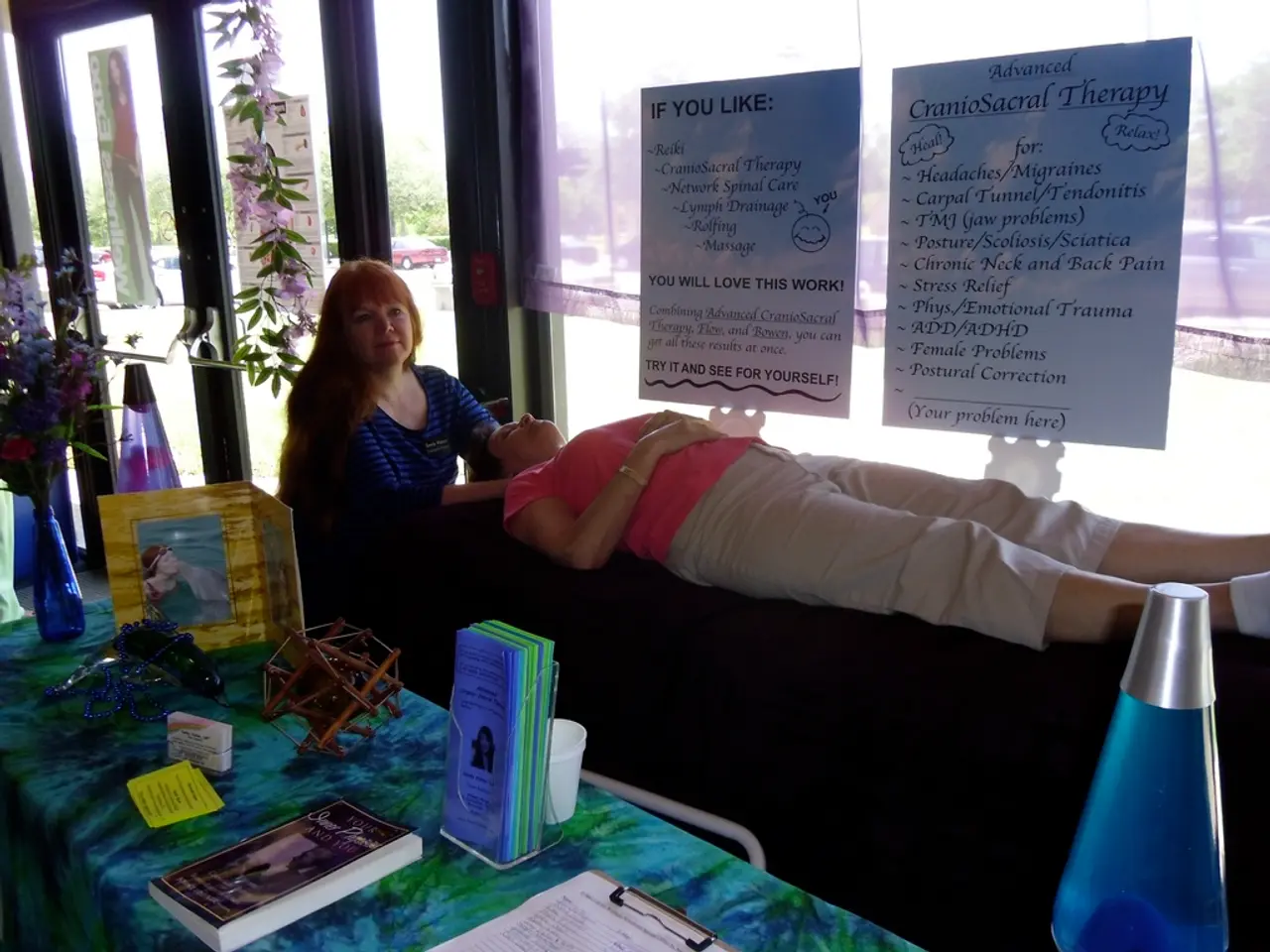Navigating the Difficulty of Addressing a Miscarriage
Miscarriage is a distressing and emotional experience that affects many during early pregnancy. According to recent statistics, early pregnancy loss occurs in at least 10 percent of pregnancies.
This unfortunate event can be a challenging time, both physically and emotionally. Miscarriage is often accompanied by the passing of tissues, which can be painful and emotional. It's important to allow oneself to express emotions and take care of oneself during this grieving process.
Immediately after miscarriage, seeking support is crucial. Strong consideration should be given to having a partner or loved one present during the follow-up ultrasound for support. Additionally, support groups—both in-person and online—are available for those experiencing miscarriage. In the United States, organisations such as the National Pregnancy Loss Support (e.g., SHARE Pregnancy & Infant Loss Support) and local support groups provide valuable support and counseling for people seeking help after a miscarriage.
Long-term recovery from miscarriage is largely dependent on mental health and emotional well-being. A grief counselor can provide assistance in navigating pregnancy loss and recovery. Couples counseling may also be considered for additional support.
It's important to dedicate sufficient time to grieve, but knowing when and how to move on is also crucial. Recovery from miscarriage takes time, but things will eventually get better. However, it's important not to rush into getting pregnant after a miscarriage; emotional readiness is as important as physical readiness.
After a miscarriage, a follow-up ultrasound is necessary to ensure all tissues have passed to avoid complications. Later miscarriages may require medical treatment, often involving medications to help the body pass remaining tissues.
Friends and loved ones can assist with chores, pet care, or family care during the grieving process. Spiritual guidance may also be sought from a spiritual leader or attending group worship events.
Staying active in support groups can have a lasting impact and provide future support to others experiencing miscarriage. It's important to remember that a future pregnancy won't replace an early pregnancy loss, so allow yourself time and space to fully grieve before moving on.
In conclusion, miscarriage is a challenging experience, but with the right support and care, it's possible to navigate through this difficult time and begin the journey towards recovery.
Read also:
- Restoring SCN2A gene function in mice through CRISPR activation enhances neurodevelopmental outcomes.
- Tracking Grapes for International Shipping
- New York joins a multistate health coalition to counteract chaos in federal vaccine distribution efforts
- Enhanced Iron Absorption in Female Health: Biotechnology Developed Plant Protein Outperforms Iron Supplements in Fermentation






